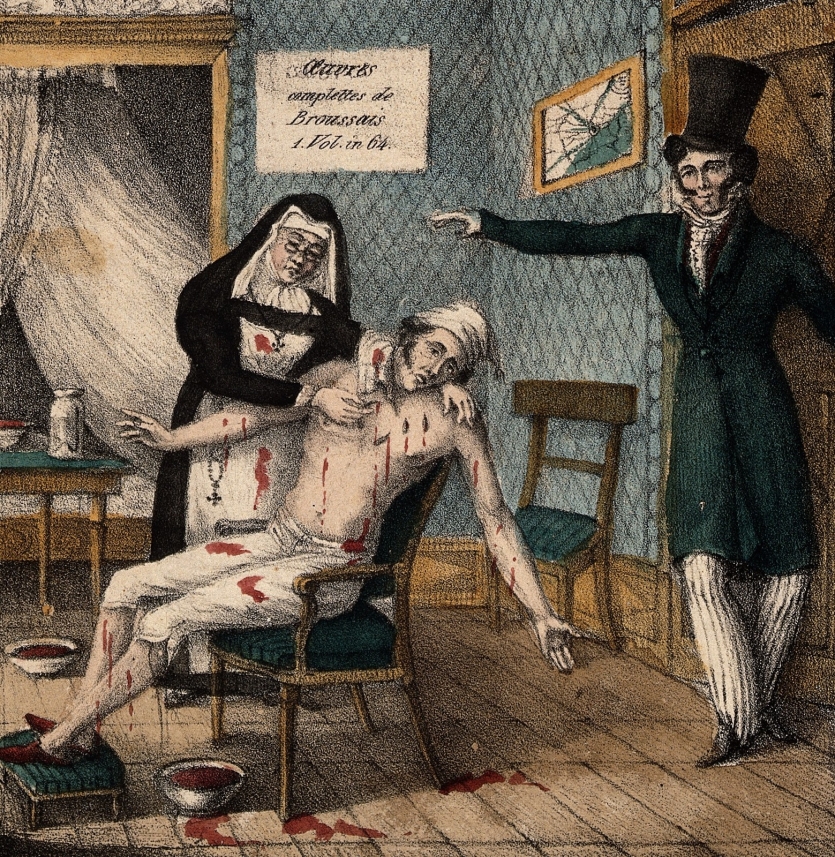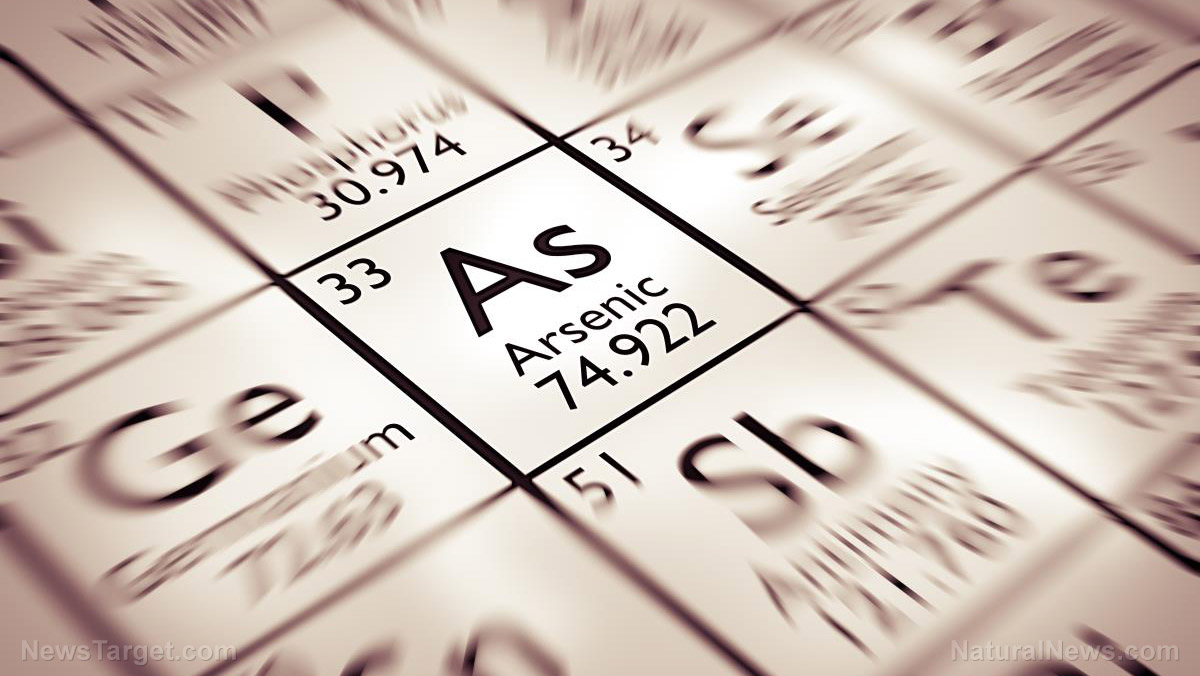🜺 Arsenic (and Old Leeches)
-
Smokers show fewer symptoms or appear less affected by certain toxins
Some smokers show fewer symptoms or appear less affected by certain toxins — arsenic included — at doses that harm nonsmokers. This isn’t protection in the traditional sense. It’s more… Read more.
-
Testican
Testican is a type of proteoglycan. Testican-1 is a highly conserved, multidomain proteoglycan that is most prominently expressed in the thalamus, and is upregulated in activated astroglial cells of the cerebrum. Several functions of this… Read more.
-
Leech Etymology
leech (n.1) “bloodsucking aquatic worm,” from Old English læce (Kentish lyce), of unknown origin (with a cognate in Middle Dutch lake). Commonly regarded as a transferred use of leech (n.2), but according to OED the Old English… Read more.
-
Leeches at Wellcome Collection
61 Results for “Leeches” A fierce battle between the supporters of John Brown (Bruno), in favour of treatment with stimulants, and those of F.J.V. Broussais, in favour of bloodletting. Pen… Read more.
-
Treatise on the Medicinal Leech – Dr. James Rawlins Johnson, 1816
https://wellcomecollection.org/works/xze7zcta/items?canvas=22 Read more.
-
Arsenic and Old Leeches
In 1816 Dr. James Rawlins Johnson published his Treatise on the Medicinal Leech. Besides the aforementioned methods of leech use, he studied the leech itself with exacting care. He tested to… Read more.






